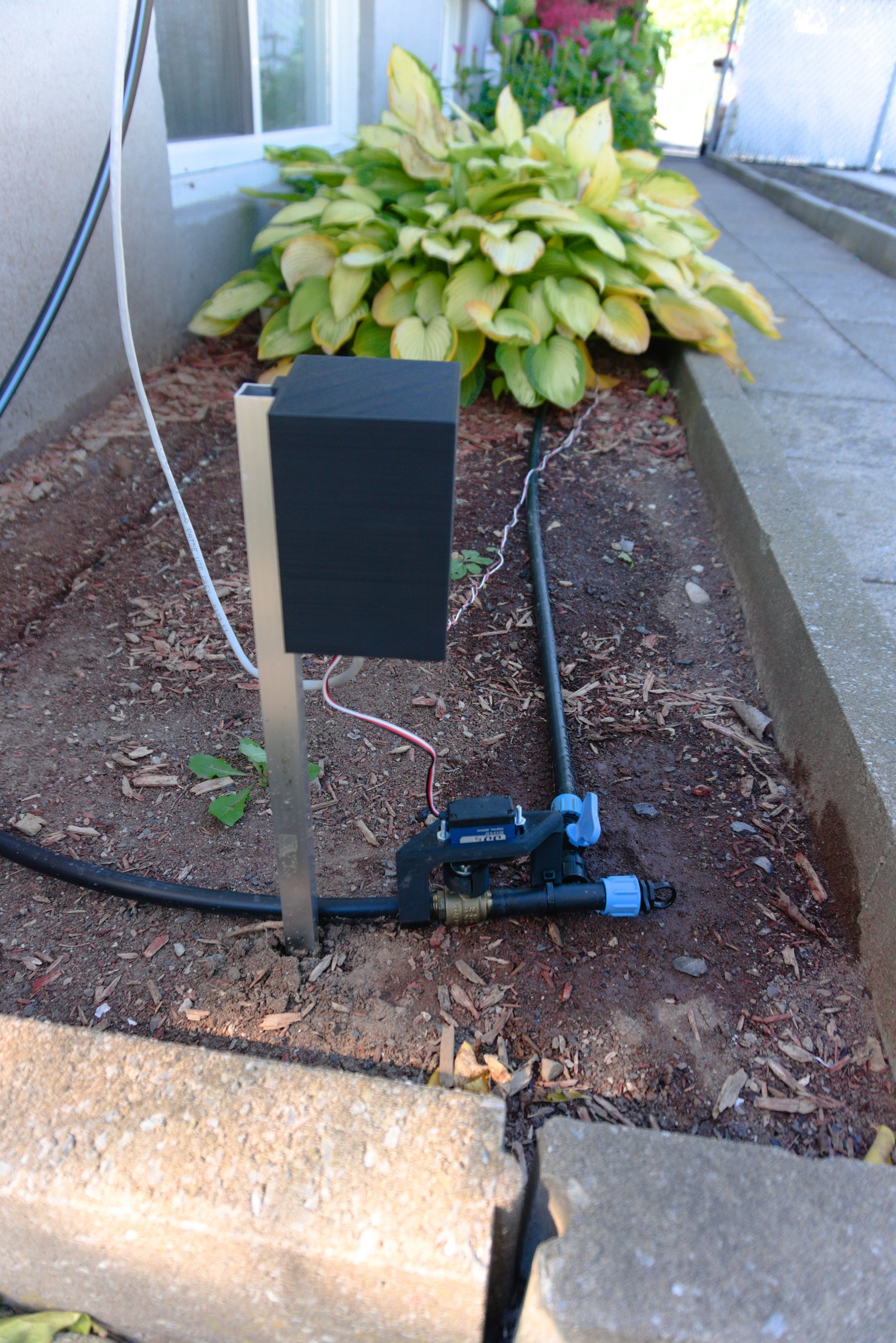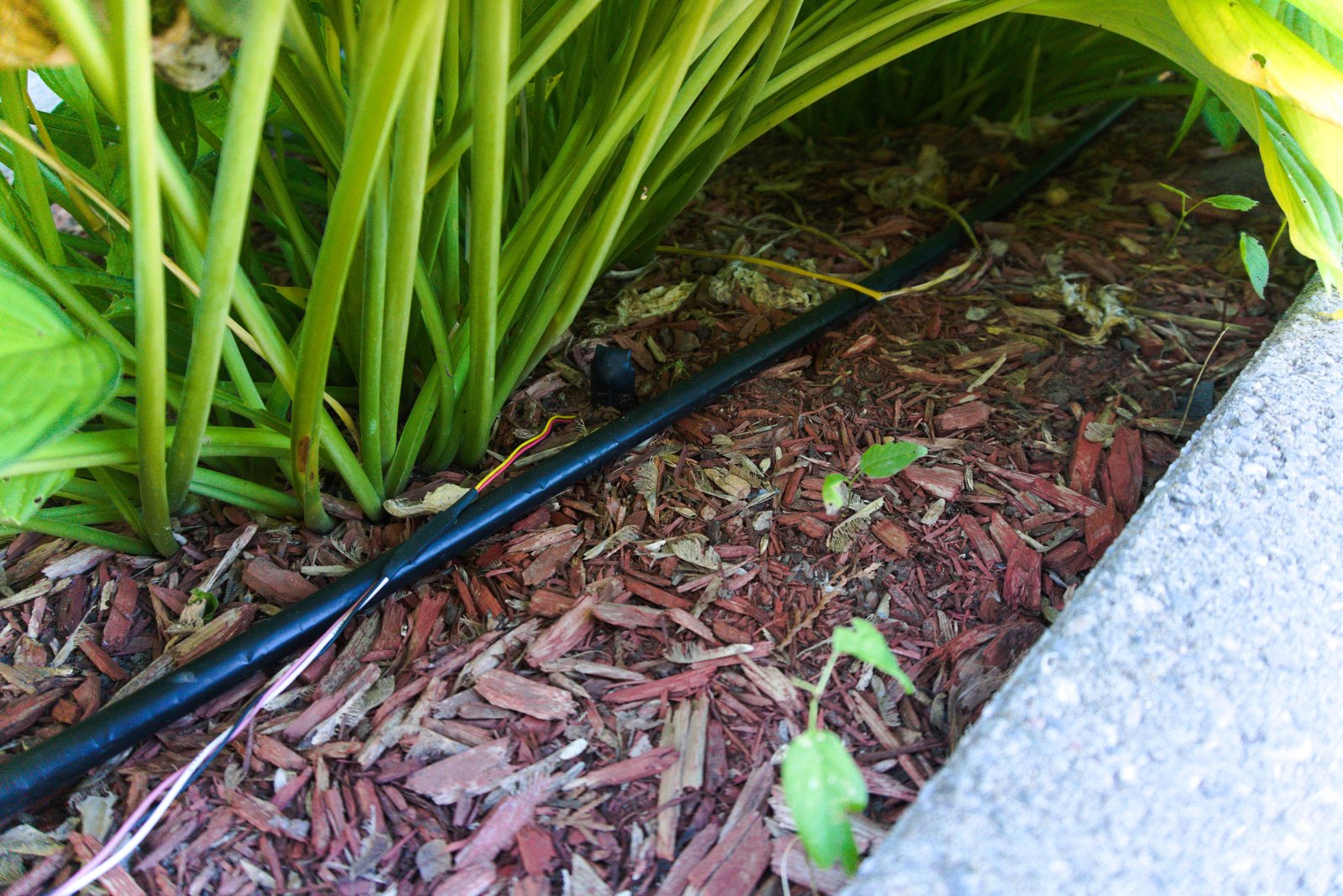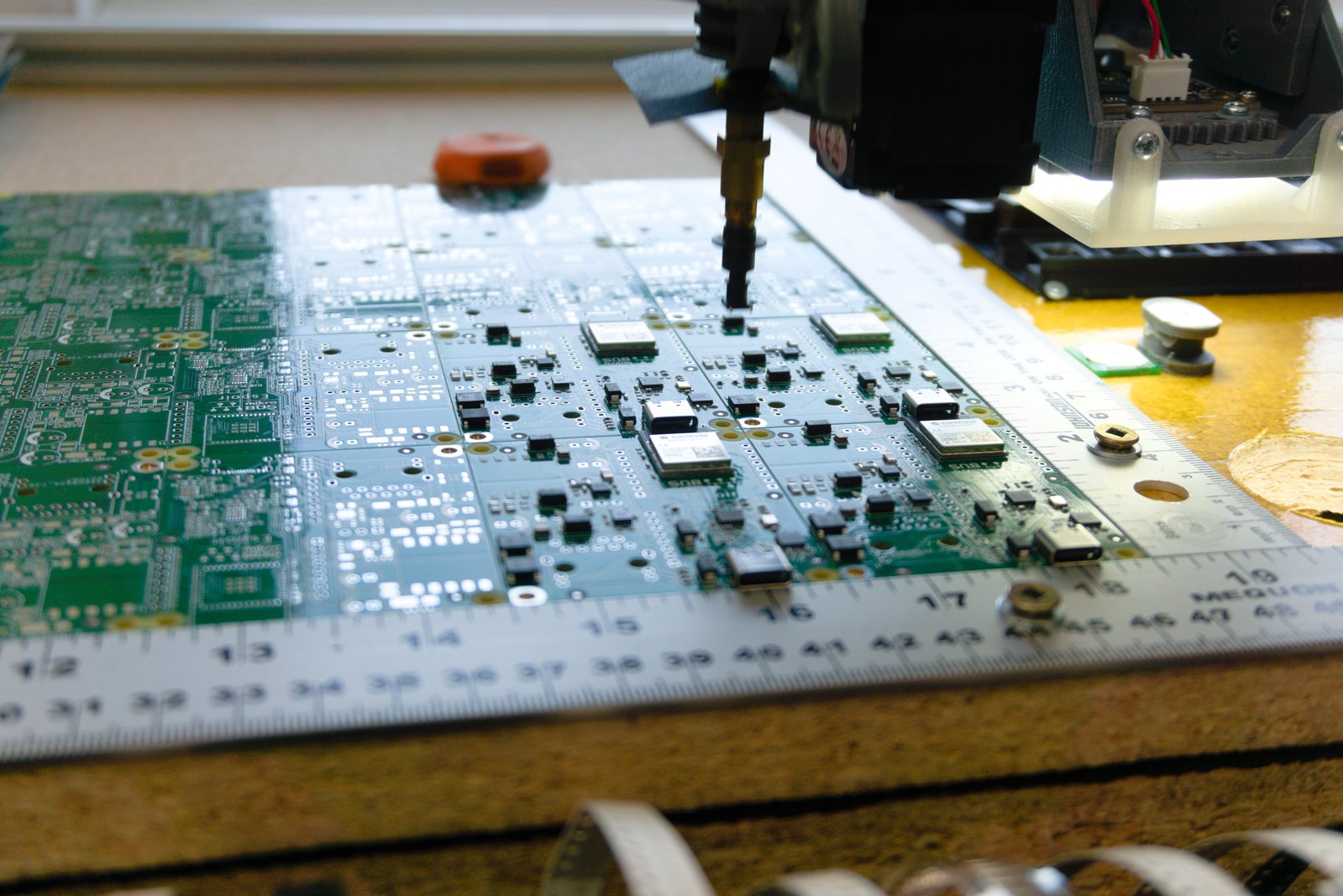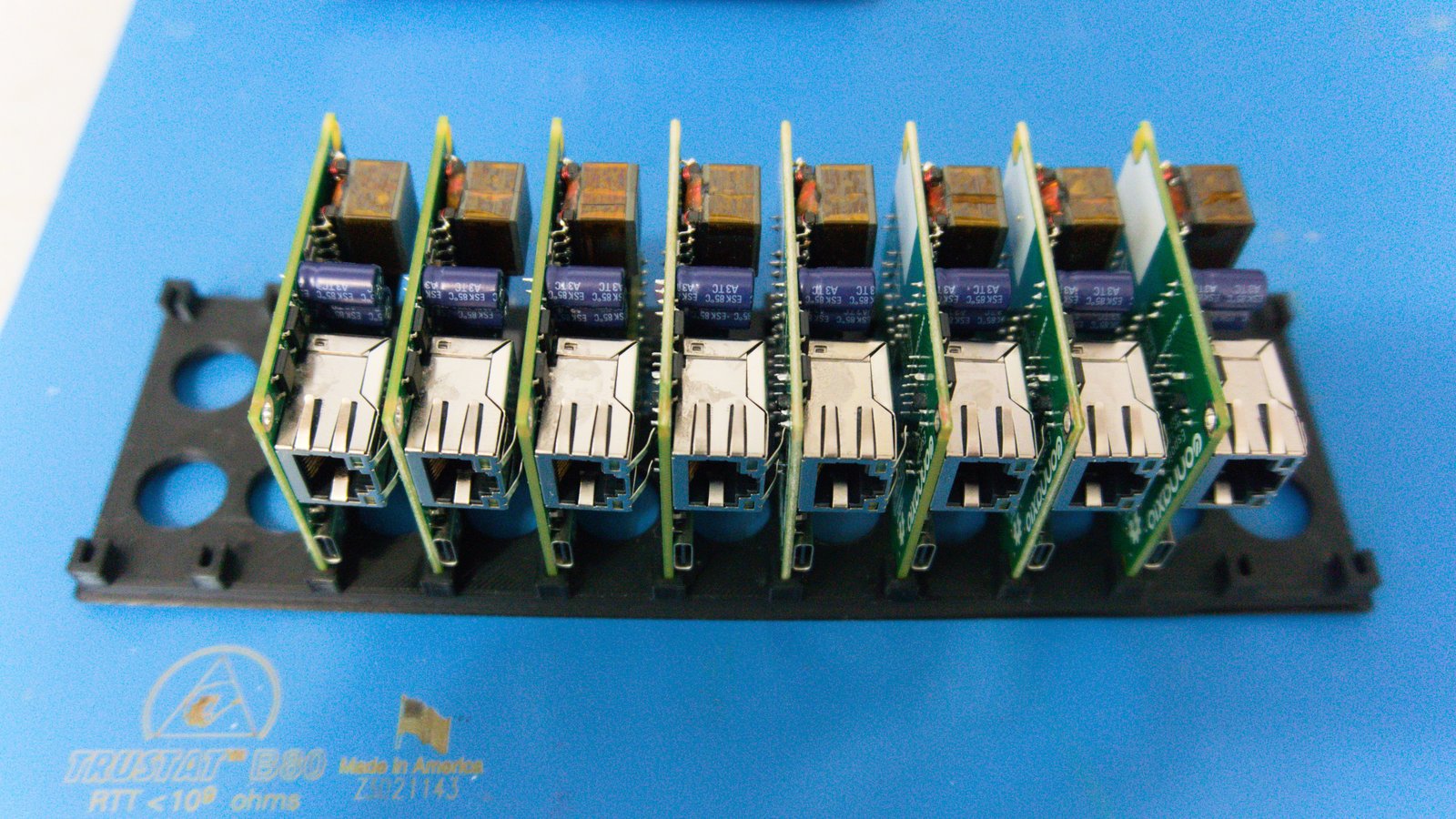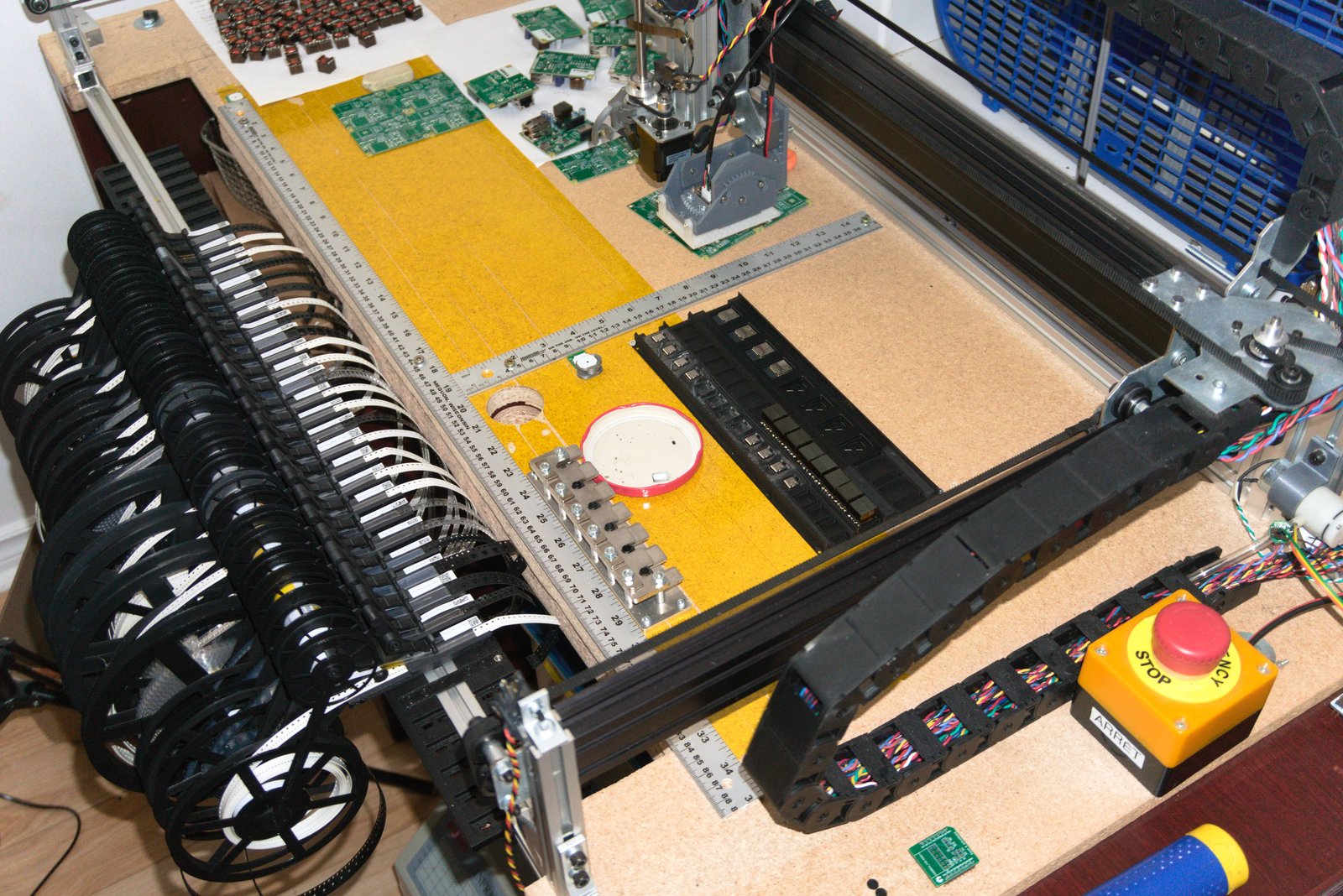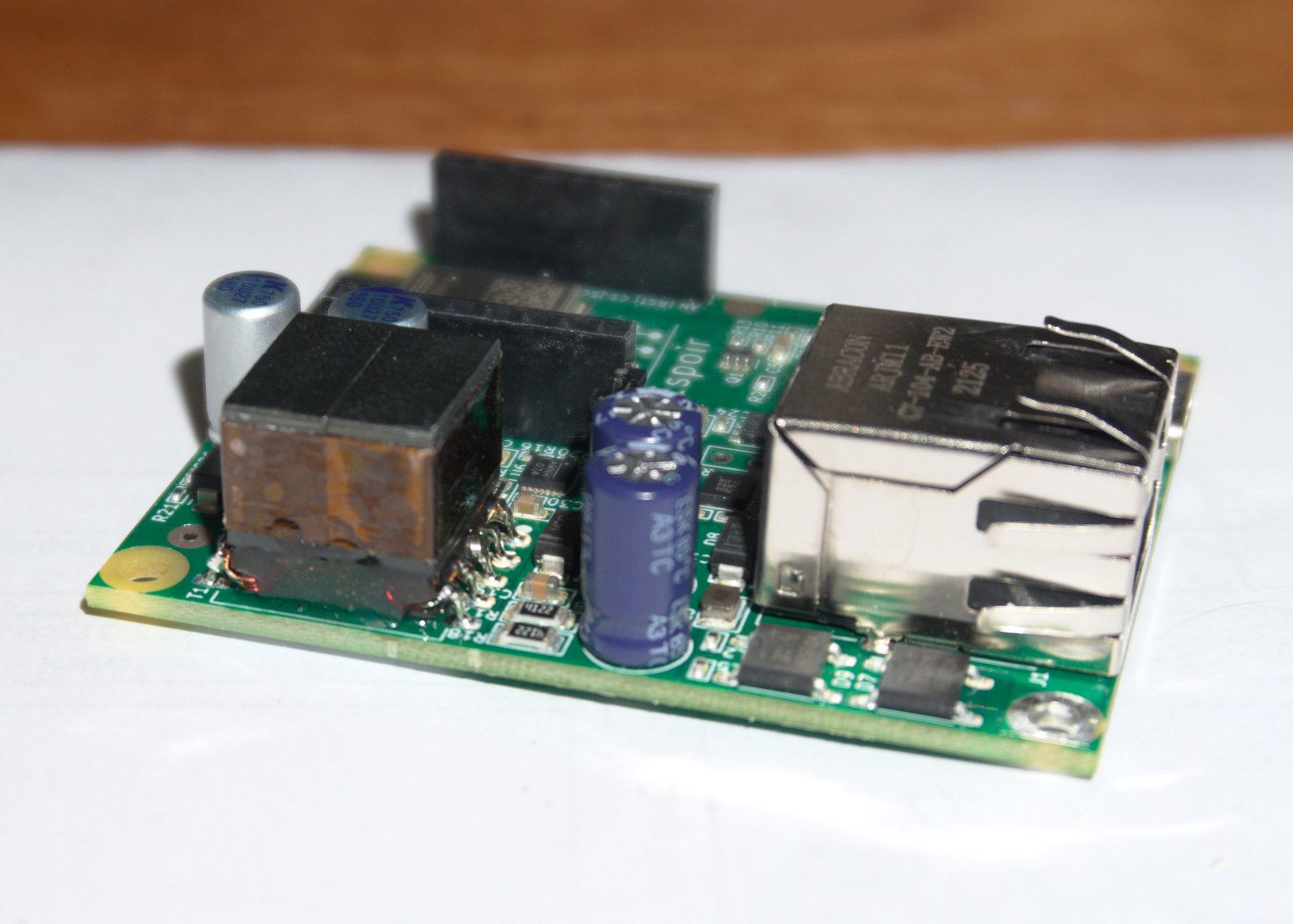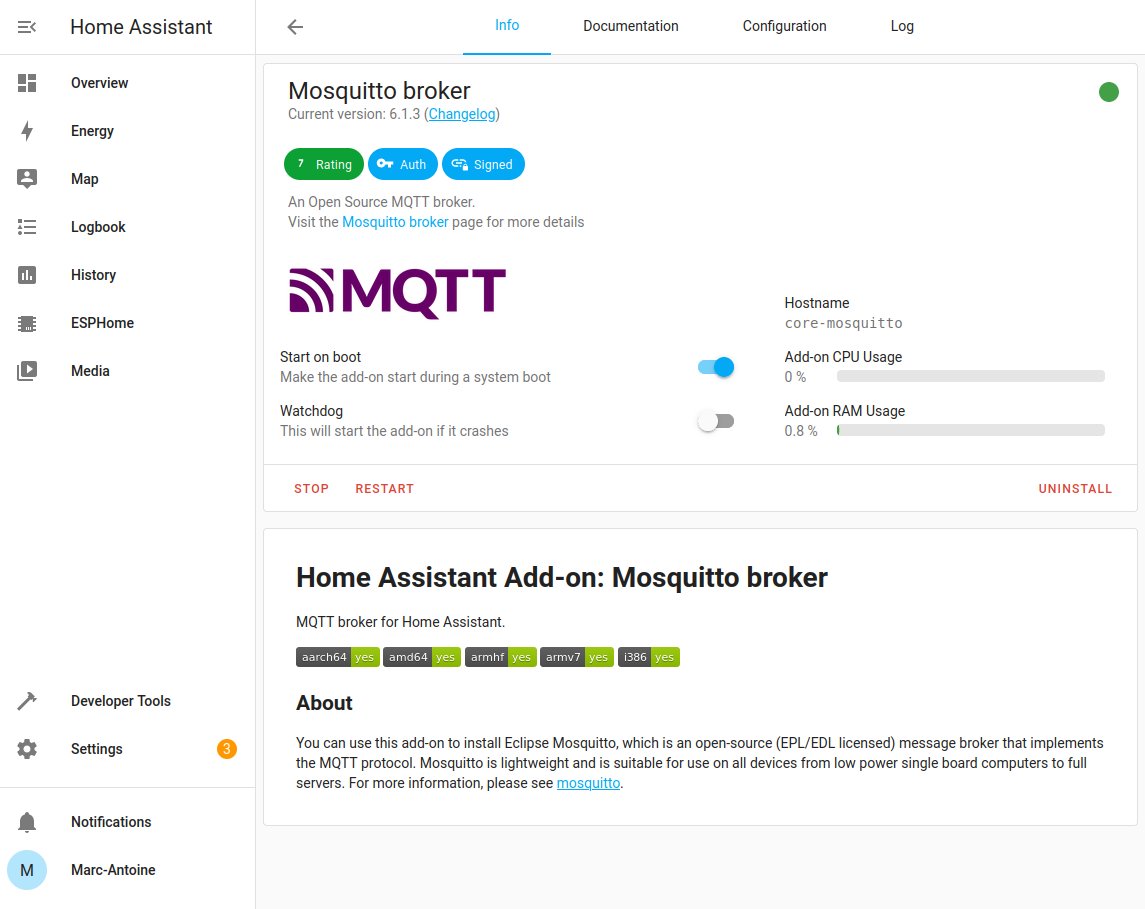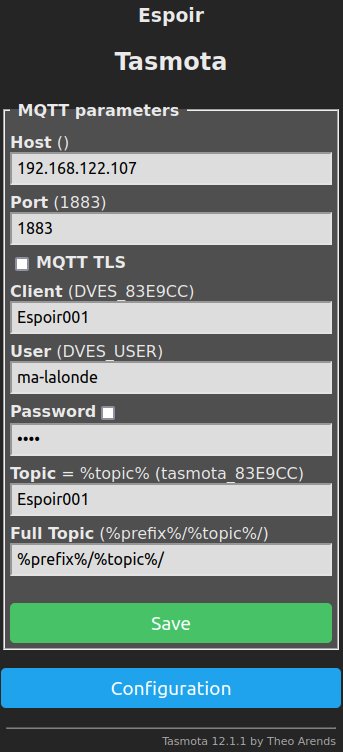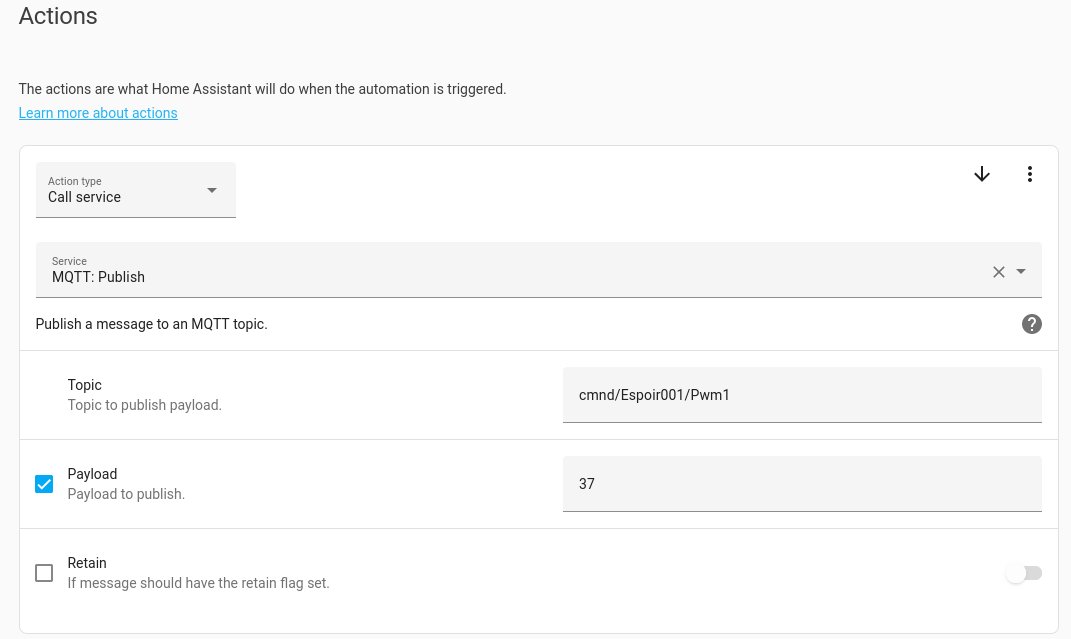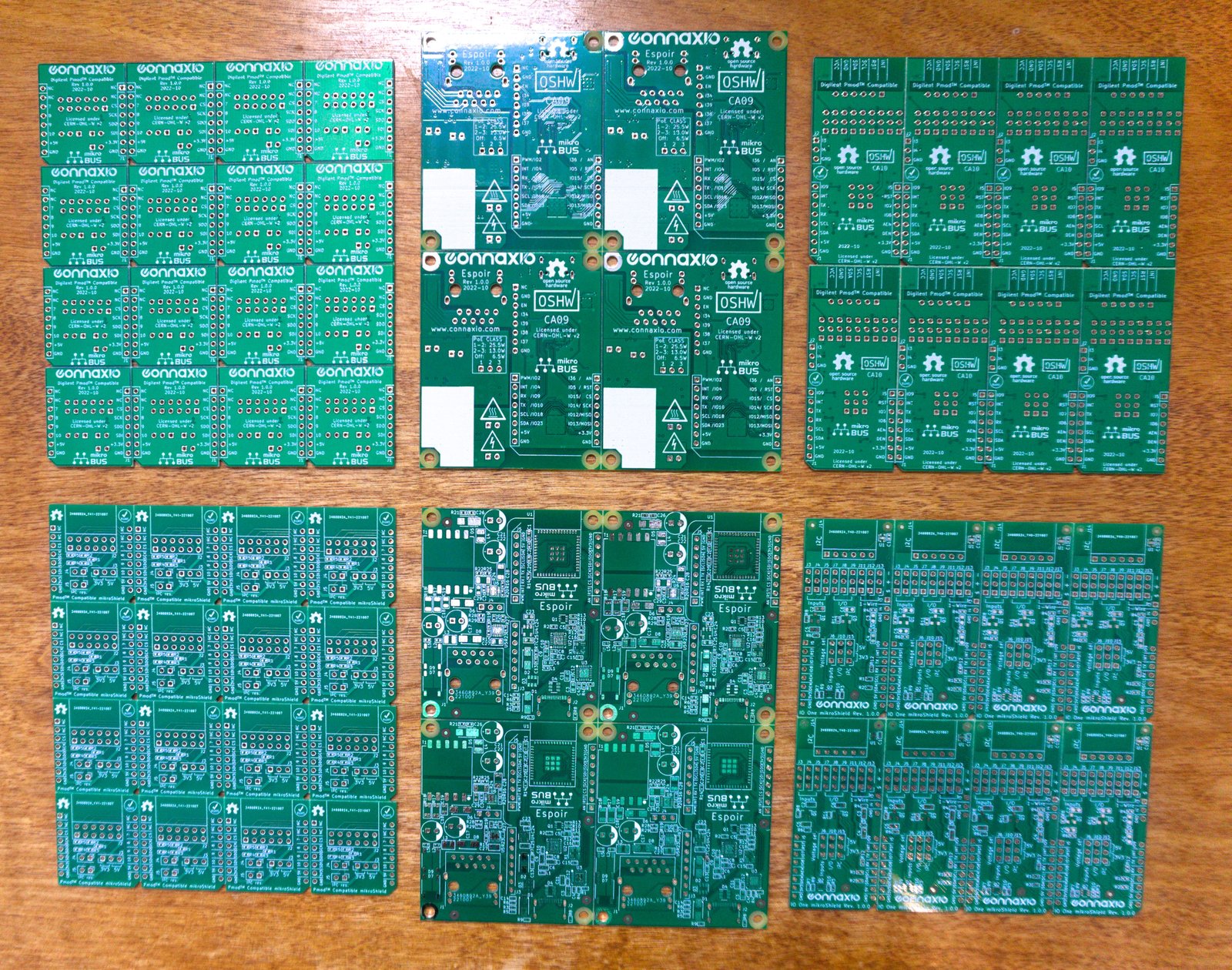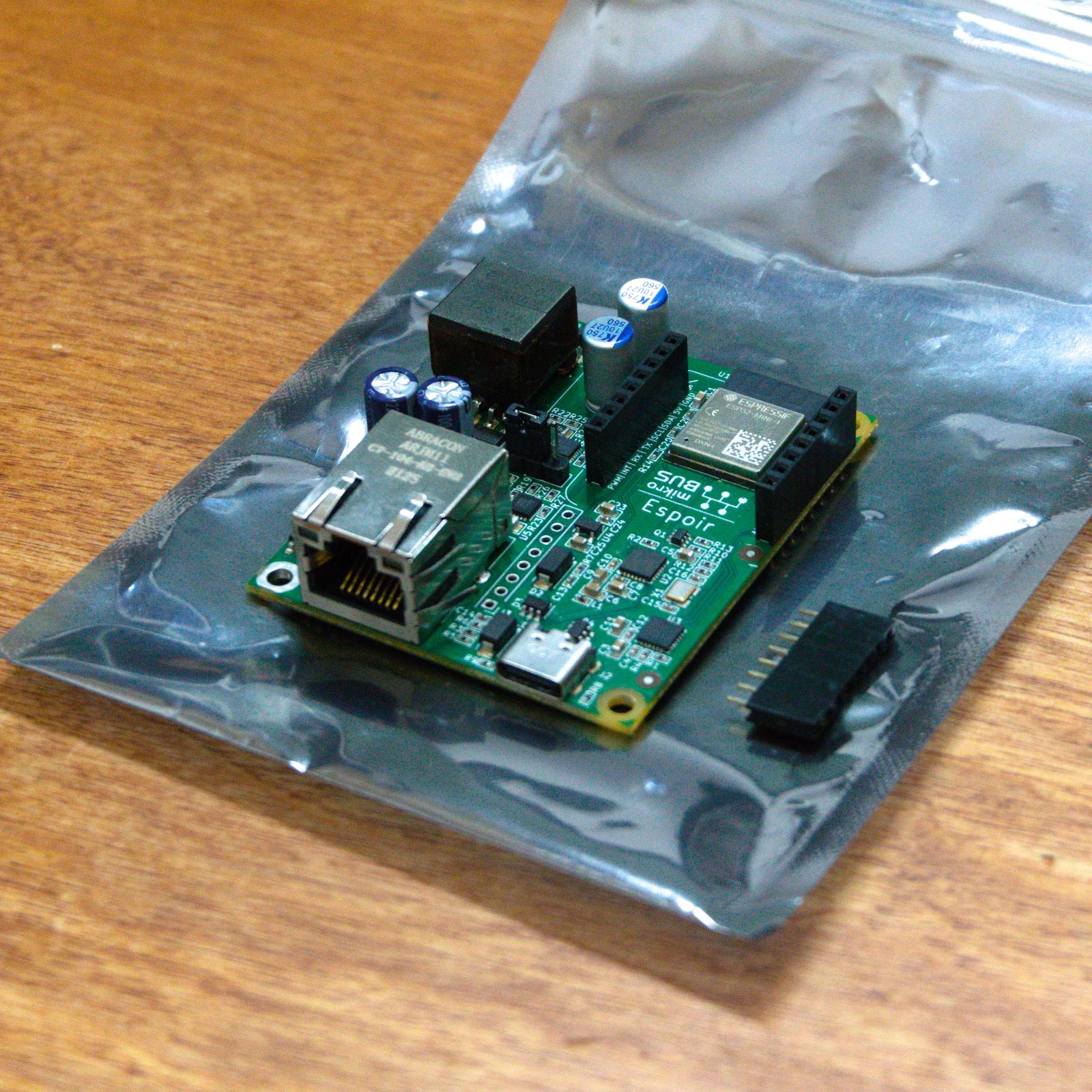I want to automate my garden and my (future) microfarm. I need something reliable, robust, efficient, remote-controllable, and affordable. My system needs to be manufacturer-independent, platform-independent, internet-independent, yet accessible from anywhere. I also want scalability, and for that I need something quick to setup and probably OTA updates. If I could find plug-and-play extensions too for when I need a new sensor or device, that'd be great too.
Whew, that's starting to be a lot of requirements for a small project. Obviously, I don't have the resources or time to do it all. That's where open source comes in.
Espoir is an open source devboard, designed with open source software, and works with open source firmware and software. In practice, it is designed with KiCad 6, its sources are publicly available on GitHub, it is compatible with Tasmota, and after a 10 minutes setup, it connects directly to Home Assistant, and the mobile app lets me manage the installation and receive alerts anywhere. Since it has an industrial temperature range and uses PoE, it'll work as long as there is electricity. No batteries, no solar panels, no power cords, and no certified electrician needed. And if I need a new sensor for a specific task, Espoir's mikroBUS socket is compatible with over 1,300 add-on boards that share the same standard, so there is a good chance I will find a sensor board ready to just work.
I also designed a multifunction add-on board with gardening in mind to got with it, the IO One mikroShield. It has several signal-voltage-ground connectors for analog/digital input signals, digital outputs (PWM, I2C, etc.), 1-wire headers for various of these sensors (including the classic DS18B20 temperature sensor), as well as an I2C temperature and humidity sensor.
Look up Connaxio's extensive documentation for guides and examples on how to build your next application with Espoir.
 Marc-Antoine Lalonde
Marc-Antoine Lalonde